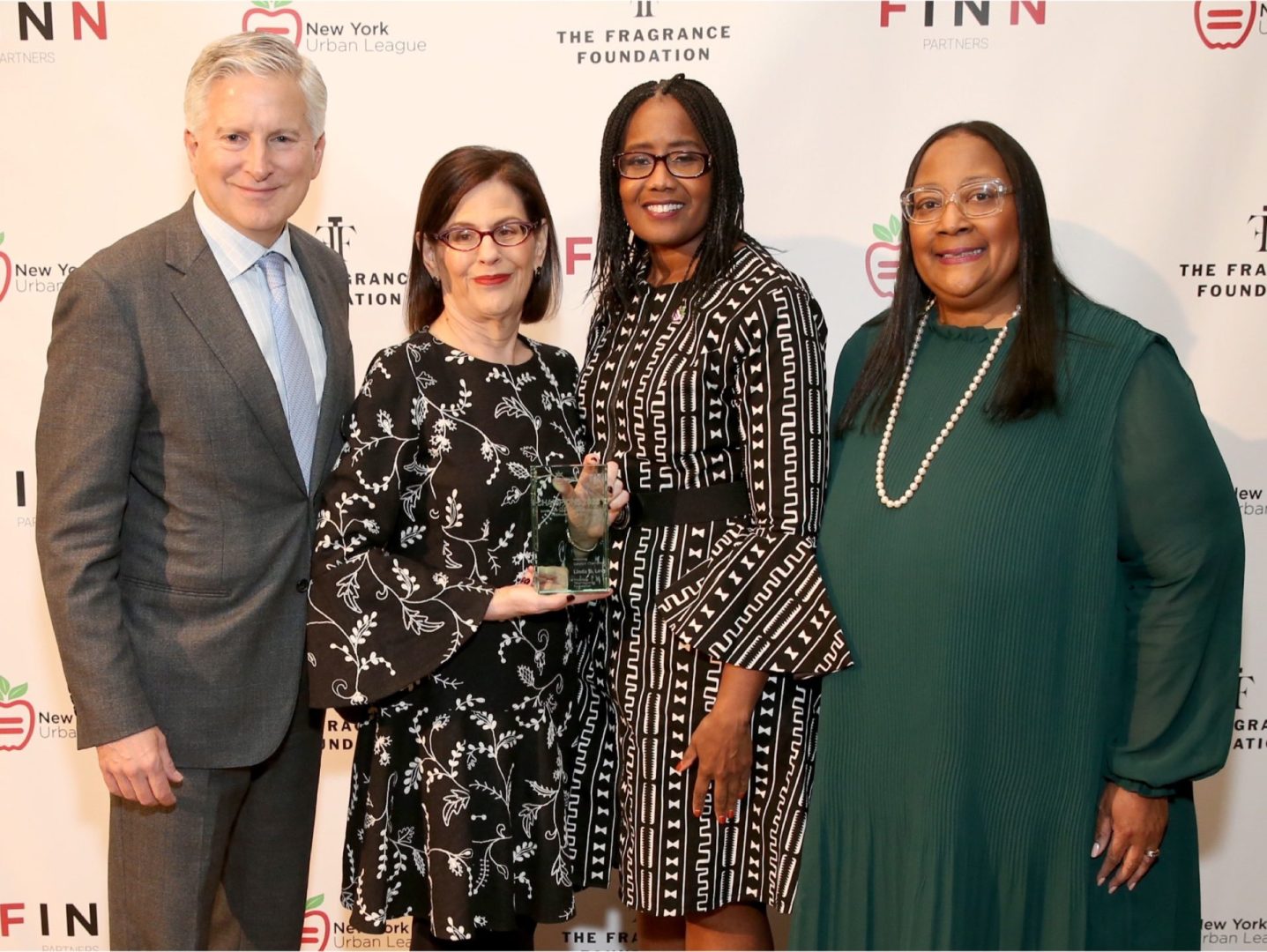In a significant move that signals a broader trend among U.S. corporations, Walmart has announced a rollback of its diversity policies. This decision reflects a growing reassessment of the legal and political risks associated with diversity, equity, and inclusion (DEI) initiatives, particularly in light of recent legal challenges from conservative groups.
Understanding the context of Walmart’s decision
The changes made by Walmart, the world’s largest retailer, come after a series of legal victories for conservative organizations that have actively challenged corporate DEI programs. These programs, designed to support historically underrepresented groups, are now under scrutiny as companies reevaluate their commitments in the wake of shifting political landscapes.
Walmart’s announcement included the cessation of priority treatment for suppliers owned by women and minorities, the discontinuation of a five-year commitment to a racial equity center established in 2020, and the withdrawal from a prominent gay rights index. This retreat is viewed as a response to a legal environment that increasingly favors claims of reverse discrimination.
The legal landscape and its impact
Allan Schweyer, a principal researcher at the Human Capital Center at the Conference Board, noted that companies are reassessing their risk exposure regarding DEI initiatives. The U.S. Supreme Court’s ruling in June 2023, which ended affirmative action in college admissions, has emboldened conservative groups to challenge various diversity programs, particularly those that allocate contracts to minority or women-owned businesses.
Dan Lennington, a deputy counsel at the Wisconsin Institute for Law & Liberty, emphasized that the current legal landscape across all branches of the federal government is moving towards treating individuals equally, rather than as members of specific racial groups. This shift has created a chilling effect on companies that previously embraced DEI initiatives.
Corporate responses to changing policies
As Walmart navigates this complex landscape, other companies are also reconsidering their DEI commitments. While some firms may pull back from these initiatives, many are choosing to continue their DEI efforts quietly. David Glasgow, executive director of the Meltzer Center for Diversity, Inclusion, and Belonging at New York University, pointed out that numerous organizations are still committed to DEI but prefer to operate without drawing attention.
Glasgow advises companies to adhere to their core values, as public attitudes towards DEI can shift rapidly. He cautions that abandoning these programs may expose companies to traditional discrimination lawsuits, undermining the very principles that DEI initiatives were designed to uphold.
Reactions from civil rights leaders
The reaction to Walmart’s decision has been mixed. Marc Morial, CEO of the National Urban League, expressed surprise at Walmart’s retreat from DEI, stating that it contradicts the company’s previous commitments. He emphasized that DEI policies are essential for compliance with federal anti-discrimination laws and that any perception of favoritism undermines the integrity of these initiatives.
Despite the backlash, some organizations remain hopeful that Walmart’s need to cater to its diverse customer base will continue to drive contracts to women-owned suppliers, even without explicit diversity goals. Pamela Prince-Eason, president and CEO of the Women’s Business Enterprise National Council, expressed optimism that Walmart will maintain an inclusive supply chain.
The future of DEI initiatives in corporate America
As Walmart’s announcement reverberates through the corporate world, it raises questions about the future of DEI initiatives across various industries. While some companies may retreat from these programs, the overall commitment to diversity and inclusion remains strong among many organizations. A recent Pew Research Center survey indicated that while support for DEI policies has slightly declined, a majority of workers still view workplace diversity positively.

















